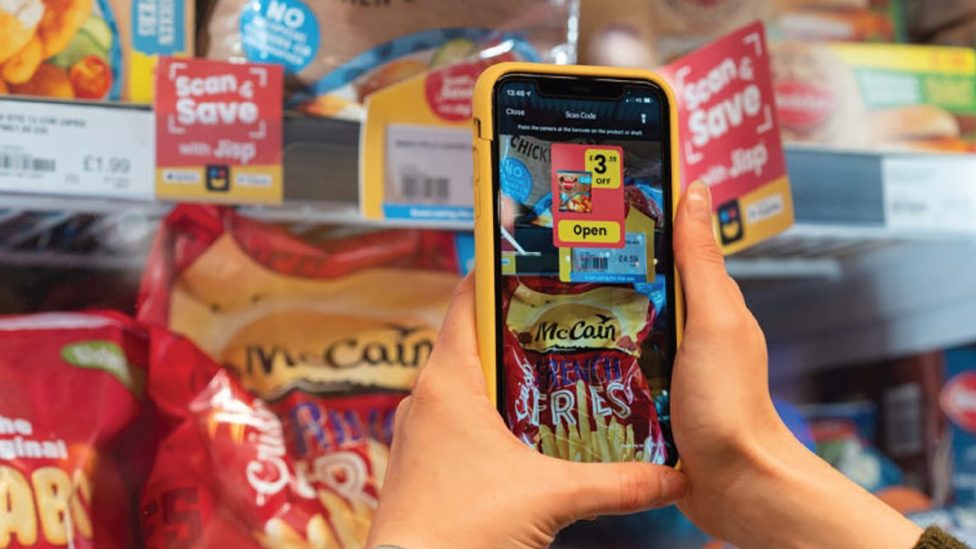Independent retailers are racing to keep up with rivals and retain customers as the battle for loyalty intensifies among supermarkets.
Last month, Co-op announced it was following Tesco and Sainsbury’s by introducing lower prices exclusively for members of its loyalty programme.
Last year, Tesco saw a huge uptake of its Clubcard, and last week, Sainsbury’s refreshed its Nectar Prices scheme.
Speaking at the ACS Conference in Birmingham last week, PwC’s head of consumer markets, Lisa Hooker, urged convenience stores to priortise delivering loyalty locally now, “to retain and engage customers” in a “difficult economic environment”.
Mandeep Singh, owner of Premier Singhs in Sheffield, introduced a coffee loyalty scheme in his store two years ago to compete with Tesco.
“Usually, we charge £1.49 for a coffee, but with the card it’s £1. We give away a barcoded card that we scan every time they make the purchase. We’ve gone from selling virtually zero cups a week to 700. It doesn’t have to be complex. Let someone else be first and adapt it yourself second.”
Mo Razzaq, owner of Premier Mo’s in Blantyre in Glasgow, is also in the process of relaunching his own scheme, which uses a QR code giving customers the chance to earn money off their shop every time it is scanned.
A number of convenience specific programmes have been created in the past year by providers helping to give retailers a head start.
Jisp Rewards launched last year, enabling customers to earn points by scanning barcodes in store indicated on shelfedge labels and redeeming money-off coupons.
Jisp’s managing director, IIan Hepworth reinforced the importance of loyalty. “It has become increasingly important that convenience stores find a way to delivery a loyalty rewards programme for customers of their stores,” he explained.
“80% of UK shoppers now regularly use a smartphone loyalty rewards or voucher redemption service and this has been driven by the cost-of-living crisis placing greater stress on shoppers’ budgets, with consumers sighting rising grocery prices as the second biggest concern after energy costs.”
EPoS provider the Retail Data Partnership (RDP) rolled out LocalLoyalty under its ShopMate system, giving stores a less expensive way to retain customers.
RDP’s general manager, Brian Eagle-Brown, said: “On average, loyalty customers spend more per transaction than non-loyalty customers. Customers report that loyalty cards make them return.”
He added that programmes like this “help increase brand awareness, as customers are reminded of the retailer’s brand every time they use a card”.
Loyalty specialist Ubamarket announced last week it had also launched a service in Central Co-op stores, enabling suppliers to provide personalised promotions to customers through their mobile phones.
Ubamarket’s founder and CEO, Will Broome recommended: “I’d advise simplicity. Complicated membership and points based schemes, even physical cards are just too much effort for time-poor shoppers who have multiple loyalty cards already. The best solution would offer instant discounts, encouraging more people to visit stores, more often and providing the best possible value for consumers, automatically, without them even having to think about it! Talk to Ubamarket about a solution that will work for your stores.”
Central England Co-op CEO Debbie Robinson told Better Retailing although it isn’t a loyalty app, it will help entice shoppers through promotions. “It gives customers access to lots of opportunities they can’t get anywhere else, like fitness classes,” she said.
Hooker added that she expects more personalisation to drive shopper purchases over the next few years, and added “engaging with your customers with something more meaningful has never been more important”.
Read more supermarket news



Comments
This article doesn't have any comments yet, be the first!